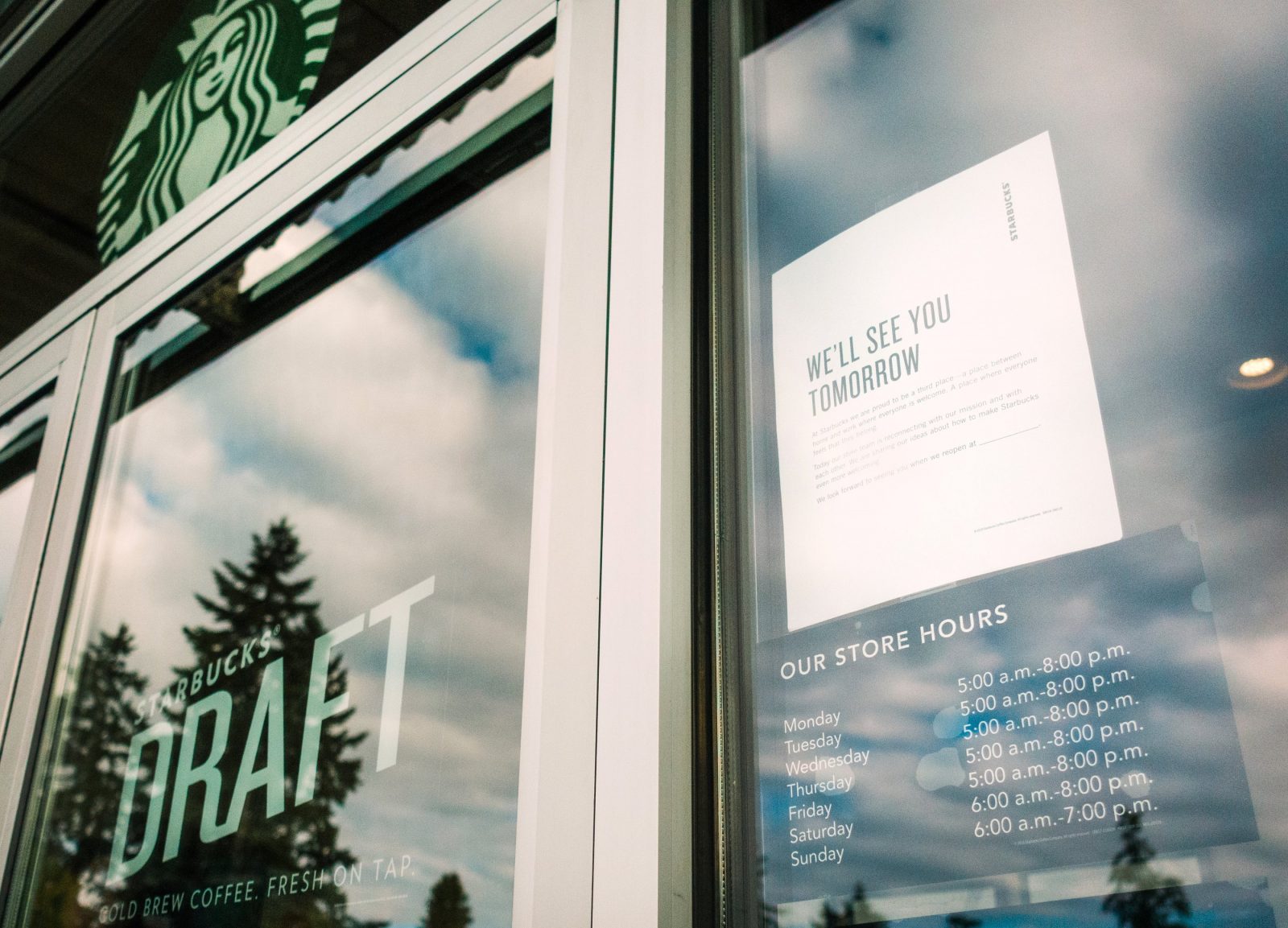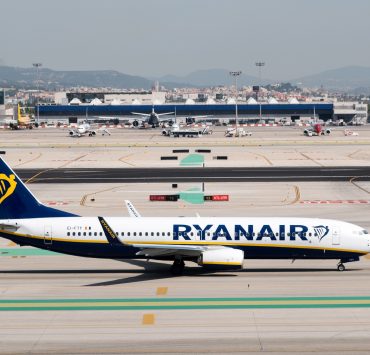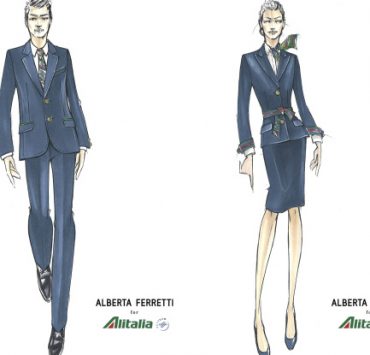
On April 12th, Rashon Nelson and Nante Robinson, two young black African American men were arrested at a Starbucks store in Philadephia after sitting down without first buying anything. The men said they had simply been waiting for a friend at the store and there was no evidence of them having committed a crime – but that didn’t stop the police leading them away in handcuffs.
It was an incident that Starbucks called “reprehensible“, fueled in part by what the coffee chain referred to as “racial bias”. Philadelphia city officials settled the case by paying the men a symbolic $1 while also donating $200,000 to a program for young entrepreneurs.
For a company that has built a reputation on its liberal stance towards social issues, this was a major wake up call. Starbucks coffee shops are meant to be a welcoming “third place” where anyone can be comfortable being who they are. A subsequent investigation found Starbucks had been provided insufficient training to its staff to prevent an incident of this kind happening.
And that’s why around 8,000 Starbucks stores shut up shop at 2pm on May 29th. Over 175,000 employees took part in a four-hour long workshop to address racial bias and elevate a spirit of “inclusion and equity”. Employees spoke about their own experiences, took part in structured discussions and watched videos that Starbucks had commisioned for the workshop.
One of those videos explained the long path to equality that African Americans had fought to achieve in the United States. While much has changed in recent decades and years, people of color still find themselves being treated differently – whether it be in a Starbucks coffee shop, a clothing store or even on transportation.
Airlines aren’t immune to racial bias
U.S. airlines certainly aren’t immune to these kind of incidents – and it’s probably fair to say that racial bias can and does affect all kinds of airlines around the world. Take an October 2016 incident onboard a Delta Air Lines flight from Houston to Detroit as an example.
Dr Tamika Cross, a physician of African American origin who was flying to a wedding, volunteered to help after a fellow passenger was taken ill onboard her flight. In a viral Facebook post, Dr Cross said flight attendants didn’t initially believe she could actually be a doctor.
“Oh no sweetie put ur hand down, we are looking for actual physicians or nurses or some type of medical personnel, we don’t have time to talk to you,” Dr Cross recalls the flight attendant saying to her. She says the flight crew were taken aback when they eventually realised she was a medical doctor.
“Whether this was race, age, gender discrimination, it’s not right,” Dr Cross said of the incident.
And then’s the case of Queen Obioma, who is suing United Airlines after a March 2016 incident saw her being booted from a flight. Her lawyer says Obiama was offloaded because a white passenger complained she had a “pungent” smell. She claims the flight attendants took the other passengers side because she is black.
What is racial bias?
Racial Bias or as it’s sometimes called, Implicit Bias was described in an article on the Bigthink.com as:
“Relatively unconscious and relatively automatic features of prejudiced judgment and social behavior.”
According to John Dovidio, a professor of psychology and public health at Yale University, ridding ourselves of these biases is almost impossible. Instead, implicit bias training helps us to identify these biases and manage them so that discrimination doesn’t occur.
While United won’t comment on that case because of the pending lawsuit, the sad reality is that whether it be the color of someone’s skin, their religion, nationality, gender or lifestyle, airline passengers have found them discriminated against by the people who are meant to be serving them.
And very often the behaviour is unknowingly perpetrated – decisions are made and actions are taken based on deep-rooted assumptions and stereotypes. Understanding that racial bias is key to treating everyone fairly.
Delta’s inclusion training program
In response to the Dr Cross’ experience, Delta Air Lines said it would expand an “inclusion” training program to all frontline employees including flight attendants. The airline had only launched the diversity project several months before Dr Cross’ experience but had initially limited the rollout to managers.
The expanded training program will see over 80,000 employees worldwide take part in the diversity and inclusion sessions. Over 5,000 employees have taken part in inclusion training which includes implicit bias this year alone. The airline notes that this is in addition to cultural sensitivity training that Delta’s flight attendants have had for many years.
“As a global airline serving millions of customers from around the world, our goal is to reflect the diversity of the world and be a model of inclusiveness,” a spokesperson for the airline told us.
“Our commitment in this area is unwavering. We are intolerant of hatred, violence, racism, sexism or any behaviors that fly in the face of our Rules of the Road.”
“To that end, we have supporting programs, policies, training and procedures that back up our beliefs,” the spokesperson said.
United has also been rolling out a comprehensive diversity and inclusion training program for all frontline employees.
But while the efforts of Delta and United are to be applauded, they remain very much in the minority of global airlines.
Airlines could do a lot more
Sure, the majority of airlines have some form of cultural awareness or diversity training program – commonly delivered via eLearning packages that lack depth, context or any human input. Are these airlines simply performing a ‘tick box’ exercise to bolster their diversity credentials?
Luckily, the vast majority of flight attendants aren’t inherently racist – they take on the job to serve people without prejudice. Although, the viral video of a British Airways flight attendant making comments about Nigerian passengers last year certainly raised some eyebrows.
Nonetheless, recent incidents have shown how racial bias can affect the decisions we make without us even realising. Airlines could certainly learn from the example set by Starbucks.
Mateusz Maszczynski honed his skills as an international flight attendant at the most prominent airline in the Middle East and has been flying throughout the COVID-19 pandemic for a well-known European airline. Matt is passionate about the aviation industry and has become an expert in passenger experience and human-centric stories. Always keeping an ear close to the ground, Matt's industry insights, analysis and news coverage is frequently relied upon by some of the biggest names in journalism.









